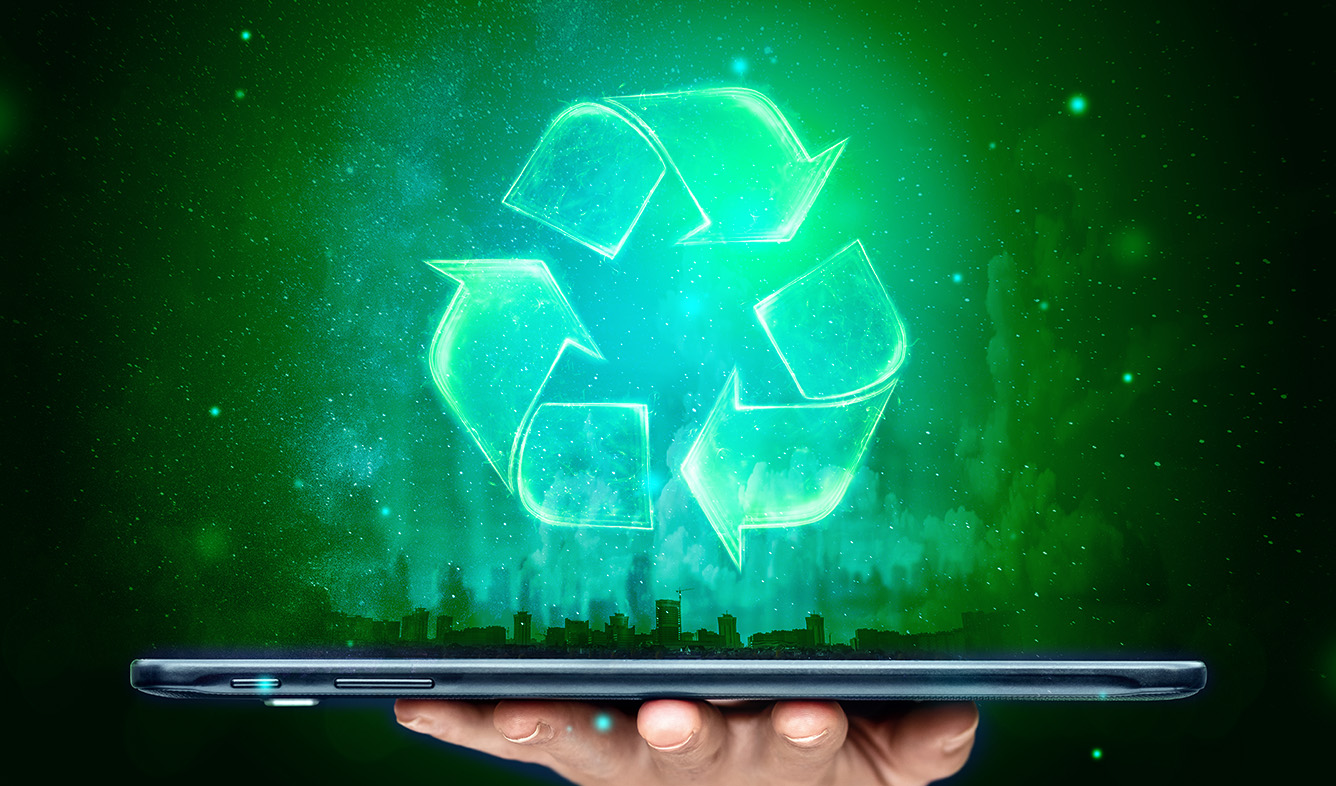The Role of Technology in Industrial Waste Recycling
Waste management and recycling have become increasingly critical issues of concern for environmental sustainability in modern-day industries. Innovative technologies in industrial waste have now been adopted with a view of ensuring efficiency and sustainability in waste production and disposal. They enable industries to meet environmental regulatory standards, reduce carbon footprint, and contribute towards a circular economy.
Sorting and separation are just some of the fundamental components of industrial waste recycling. This is not a new practice; it has been time-consuming and costly, resulting in inefficiencies and/or errors. Nonetheless, technology has developed automated sorting systems to provide high precision in this process. They use sensors, cameras, and artificial intelligence algorithms to separate different types of waste including; plastics, glass, and metals among others. These technologies help industries get high-quality recyclable materials by streamlining the waste sorting process and thereby cutting landfilling while creating reusable resources efficiently.
Advanced technologies for treating industrial waste constitute another important revolution towards industrial waste recycling. Conventional practices of dealing with waste include burning and landfilling, which frequently result in pollution or emission of greenhouse gases into the atmosphere. On the other hand, modern technologies aim at converting waste into usable products. For example, anaerobic digestion in which microorganisms degrade organic waste into biogas and rich biofertilizer is becoming a common practice.
In addition, it involves making clean energy and minimizing dumping in landfills as well as reducing the emission of greenhouse gases.
The use of technology has also spurred innovation in waste-to-energy conversion. Since industrial wastes contain high-level energy, they may be converted into useful output such as gasification or pyrolysis. Heating of waste materials at high temperatures without oxygen gives rise to syngas and biochar. It could be employed as an energy source instead of fossil fuels thus lowering carbon footprints.
Also, the integration of digital systems with real-time monitoring has played a crucial role in improving the efficiency and transparency of industrial waste recycling. Such systems allow industries to monitor their waste management procedures for identification of any bottlenecks or optimization of the same while adhering to regulatory measures. For example, waste management software can analyze data and come up with useful insights on how to improve waste collection routes, schedule maintenance and reduce operation costs. Moreover, modern sensors and remote monitoring provide for instantaneous collection of data so that timely actions can be taken if some adverse occurrence occurs in the recycling process.
Technology plays a part not only in industrial waste recycling but even in facilities that are related. Innovations in logistics and transport have led to the smooth collection and movement of waste. There are smart waste management systems that utilize IoT technology, GPS, and cloud computing to optimize waste collection routes, save on fuel, and minimize emissions to be environmentally friendly. These systems greatly save costs for industries and also conserve natural resources. Additionally, they cut down carbon emissions associated with waste transportation.
Finally, this technology is important in ensuring a waste revolution in industries. Various innovative approaches have been adopted in the recycling sector including using automated sorting systems, advanced waste treatment techniques, and digital monitoring mechanisms among others, in a bid to increase efficiency, reduce costs, and create an environmentally friendly practice for recycling in particular and waste management in general. These developments not only assist the companies in adhering to environmental standards but also assist in developing a circular economy by encouraging resource efficiency as well as cutting down on carbon emissions.





